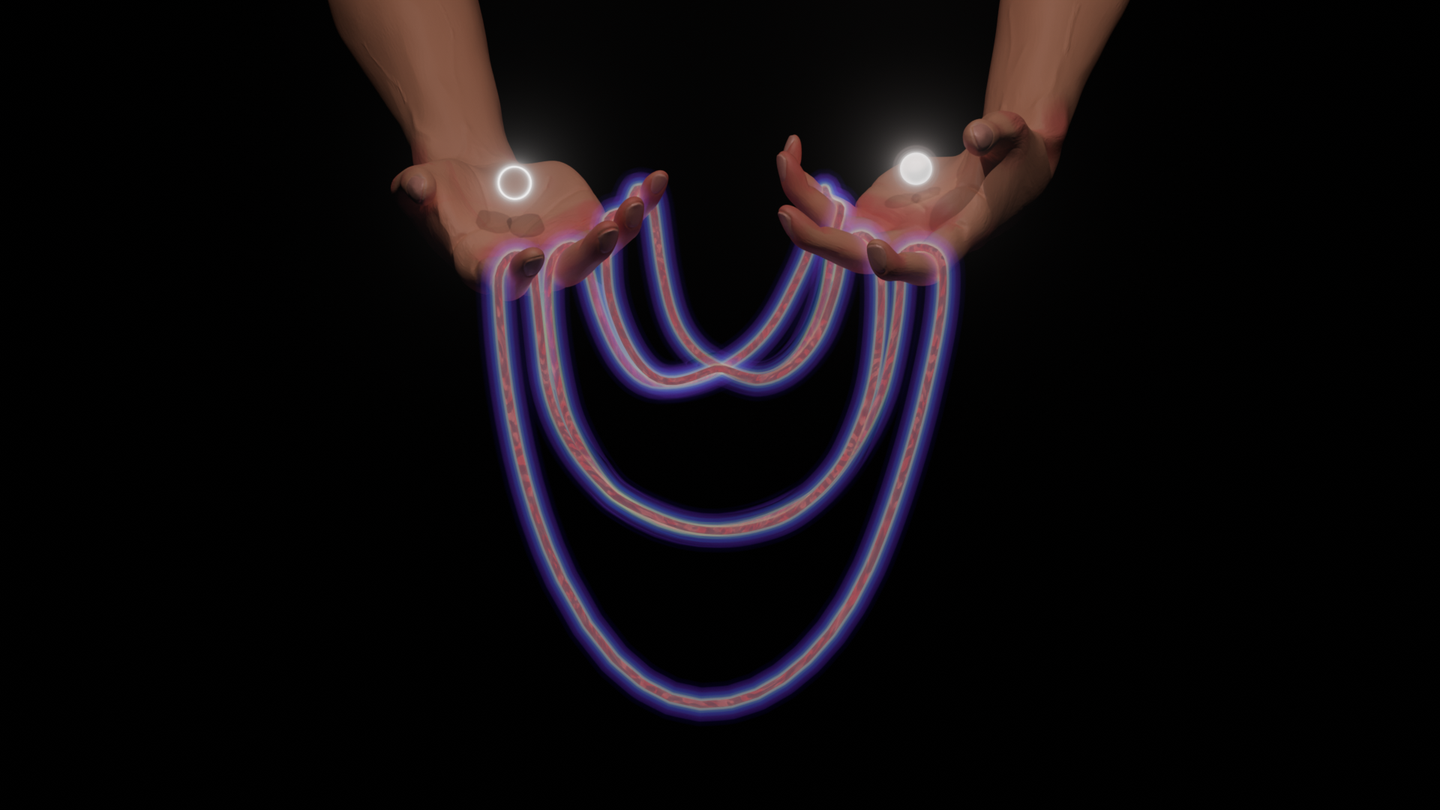Breakthrough new drug revolutionizes sleep apnea treatment
Heart failure is a condition that affects millions of people worldwide, and it is a leading cause of death often associated with sleep apnea

[Sept. 7, 2023: Staff Writer, The Brighter Side of News]
Sleep apnea can worsen heart failure and reduce lifespan. However, there may be new hope for heart failure patients with sleep apnea (CREDIT: Creative Commons)
Heart failure is a condition that affects millions of people worldwide, and it is a leading cause of death. The condition is often associated with sleep apnea, a sleep disorder that causes breathing to stop and start repeatedly during sleep. Sleep apnea can worsen heart failure and reduce lifespan. However, there may be new hope for heart failure patients with sleep apnea, thanks to a promising new drug known as AF-130.
The drug was recently tested in an animal model at Waipapa Taumata Rau, the University of Auckland. Researchers found that AF-130 not only improved the heart's ability to pump blood, but it also prevented sleep apnea. These findings were published in the scientific journal, Nature Communications.
"This drug does offer benefit for heart failure, but it's two for the price of one, in that it's also relieving the apnea for which there is currently no drug, only CPAP (a breathing device), which is poorly tolerated," says Professor Julian Paton, director of the University's Manaaki Manawa, Centre for Heart Research.
Heart failure and the brain's response
When a person has a heart attack and subsequent heart failure, the brain responds by activating the sympathetic nervous system, commonly known as the "fight or flight" response. The brain continues to activate this response even when it is no longer required, which contributes to sleep apnea and reduced life expectancy. Most heart failure patients die within five years of diagnosis.
"This study has revealed the first drug to temper the nervous activity from the brain to the heart, thereby reversing the heart's progressive decline in heart failure," says Professor Paton.
Related Stories
AF-130 and sleep apnea
The part of the brain that sends nervous impulses to the heart is also controlling respiration. AF-130 has a dual function: it reduces the "fight or flight" response while also stimulating breathing to prevent sleep apnea.
"These findings have real potential for improving the wellness and life expectancy of almost 200,000 people living with heart disease in Aotearoa New Zealand," says Professor Paton.
The road to FDA approval and human trials
Another exciting factor for the scientists is that AF-130 is soon to be FDA approved, albeit for a different health issue. This paves the way for human trials in the next year or two, says Professor Paton.
Professor Julian Paton is excited to find a drug that impacts both heart failure and sleep apnoea. (CREDIT: University of Auckland)
"Over recent decades there have been several classes of drugs that have improved the prognosis of heart failure," says cardiology consultant and Associate Professor, Martin Stiles. "However, none of these drugs work in the way that this new agent does. So it is exciting to see a novel method that potentially reverses some features of heart failure."
Heart failure in New Zealand
Heart disease is the leading cause of death in New Zealand. Approximately 170,000 people are living with heart disease in the country, and it costs the healthcare system an estimated $2 billion annually. Heart failure is a significant contributor to this cost, with hospitalizations for heart failure increasing by 67% over the past decade.
Episodic carotid sinus nerve discharge in chronic heart failure (CHF) rats is mediated by P2X3 receptors and causes respiratory disturbance via activation of active expiration. (CREDIT: Nature Communications)
Heart failure is also a condition that disproportionately affects Māori and Pacific Islanders, who are at a higher risk of developing heart disease and are more likely to die from it. Addressing heart failure in these communities is a crucial public health issue.
Other studies related to AF-130
In addition to the promising results of AF-130 in animal models for heart failure and sleep apnea, there have been several other studies conducted on the drug and its potential applications.
One study published in the Journal of Hypertension in 2019 looked at the effects of AF-130 on blood pressure in rats with hypertension. The researchers found that the drug was able to reduce blood pressure and improve endothelial function, which is the ability of the blood vessels to dilate and contract. The study suggests that AF-130 may be a potential treatment for hypertension and its associated cardiovascular complications.
Another study published in the Journal of Pharmacology and Experimental Therapeutics in 2020 investigated the effects of AF-130 on cardiac remodeling in mice with heart failure. Cardiac remodeling refers to the changes in the structure and function of the heart that occur as a result of heart failure. The researchers found that AF-130 was able to improve cardiac function and reduce fibrosis, which is the buildup of scar tissue in the heart that can impair its function. The study suggests that AF-130 may be a potential treatment for cardiac remodeling in patients with heart failure.
A third study published in the Journal of Neurochemistry in 2021 looked at the effects of AF-130 on brain function in mice with Alzheimer's disease. The researchers found that the drug was able to improve cognitive function and reduce the buildup of amyloid beta, which is a protein that forms plaques in the brains of patients with Alzheimer's disease. The study suggests that AF-130 may be a potential treatment for Alzheimer's disease and its associated cognitive decline.
Overall, these studies suggest that AF-130 may have a range of potential applications beyond heart failure and sleep apnoea. However, more research is needed to determine the safety and efficacy of the drug in human patients.
Note: Materials provided above by The Brighter Side of News. Content may be edited for style and length.
Like these kind of feel good stories? Get the Brighter Side of News' newsletter.



